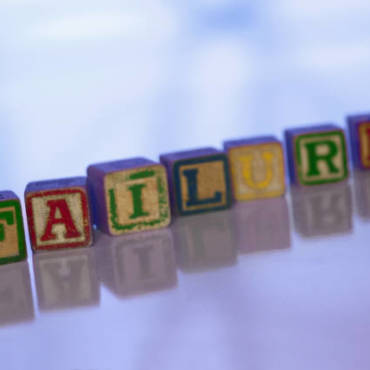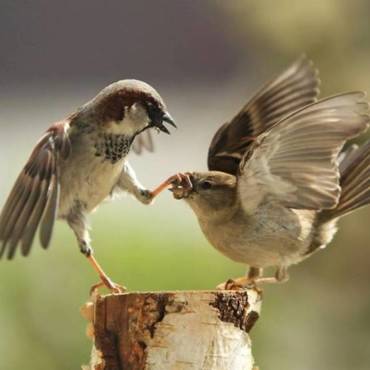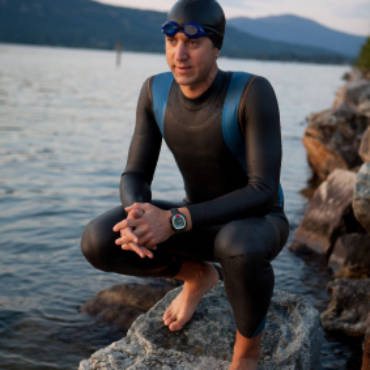Talent Identification in the Western World – Over funded and Over rated.
The concept of Talent Identification – TID for short – makes sense.
Do some standardised testing and screening of lots of kids, find the ones who can run faster, run further, jump longer, stretch better than the rest and bingo- you found talent!
It all grew out of the now “mythical” talent identification systems of the old Eastern Block (and more recently China) – and the countless stories we have all heard for the past 30 years about how the centralised government systems put every child in the nation through a series of TID testing protocols and then funnelled them in to the specific sports where their talent was most likely to be developed to its full potential.
But in the western world, in spite of the hundreds of millions of dollars thrown at TID in Australia, the US, Canada, New Zealand, the UK and Western Europe, with the exception of a few minor and specialised sports – it has failed and failed badly.




